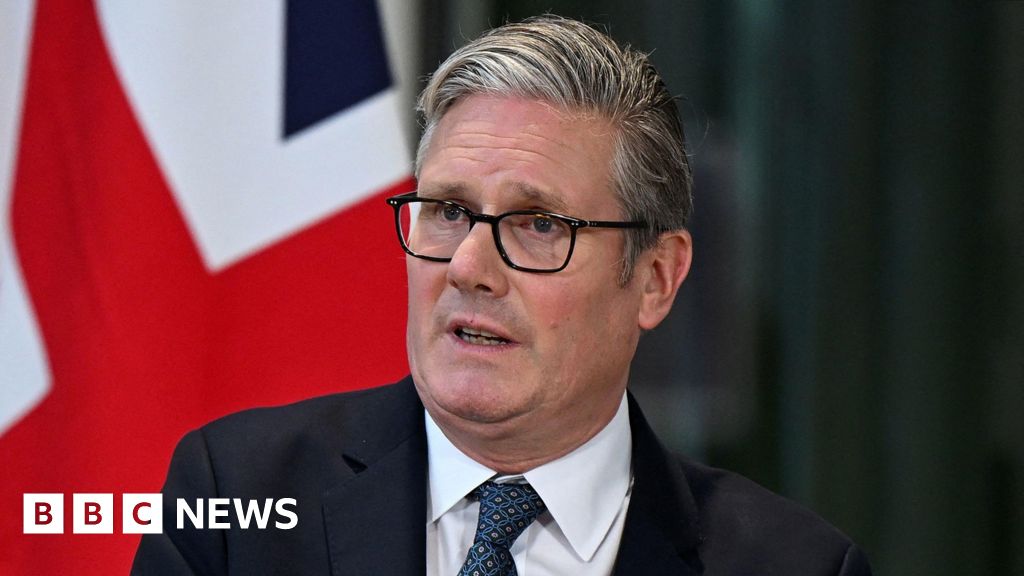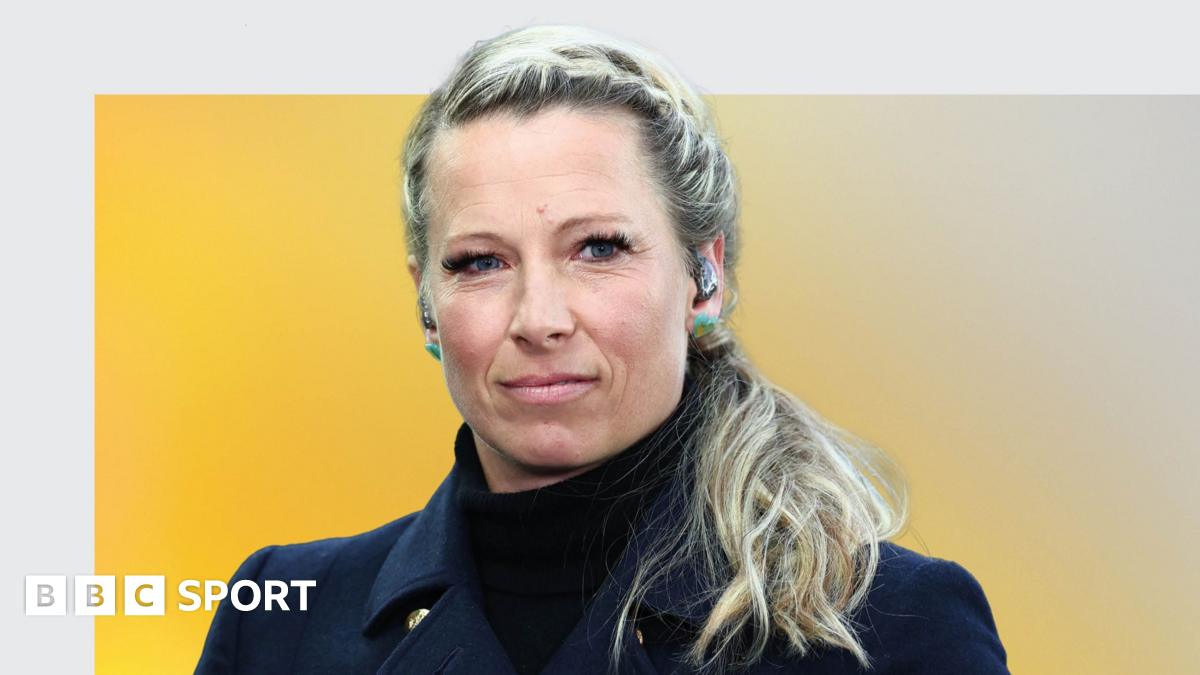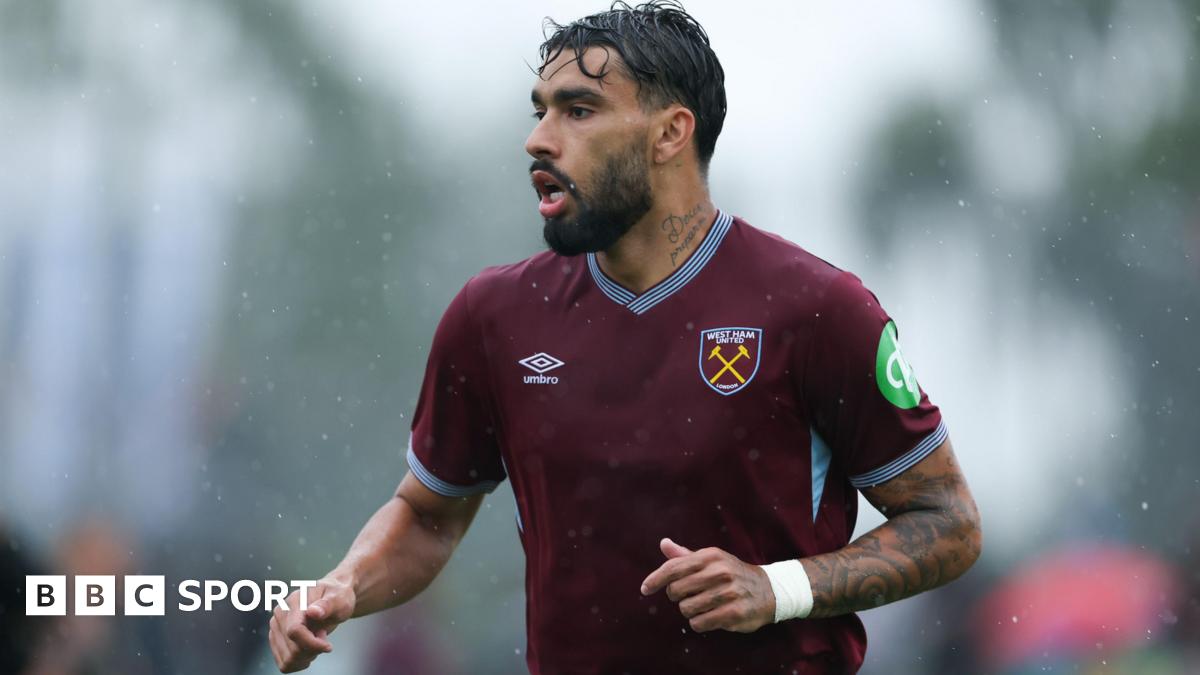The Conservatives would ban strikes for doctors, Kemi Badenoch has said.
The Tory leader said she would treat doctors the same as the army and police in order to bring the walkouts to an end.
Politics latest: UK 'committed' to recognising Palestine as a state - but govt won't say when
Under UK law, police officers, members of the armed forces and some prison officers are banned from striking.
Resident doctors - previously known as junior doctors - began their five-day strike across England on Friday as part of an escalating row between NHS bosses and the British Medical Association (BMA) over pay.
Last July, they were awarded a raise of 22% over two years, the highest public sector award in recent years.
But the BMA has argued that pay has declined significantly since 2008 when adjusting for inflation and is calling for a pay rise of 29.2% to reverse "pay erosion".
The latest deal saw doctors given a 4% increase, plus £750 "on a consolidated basis" - which comes to an average rise of 5.4%.
Speaking to reporters, MS Badenoch said it was now Tory policy to ban strikes for resident doctors, arguing the BMA had become "too militant".
"We have seen 11 strikes in the last sort of 18 months, two years," she said.
"People are dying and it's costing the NHS billions. We need to bring these strikes to an end."
She said she would also introduce minimum service levels for strikes - something that was brought in under Liz Truss's short tenure as prime minister before being repealed by the current government.
The Conservatives argue their proposals would bring the UK in line with other nations across the world, including Australia and Canada, where restrictions on doctors striking are tighter.
Read more:
Everything you need to know about the doctors' strike
Govt vows to protect 'pavement pints'
Meanwhile, Greece, Italy and Portugal have laws ensuring minimum service levels are in place across their health services.
Speaking to Sunday Morning with Trevor Phillips, Dr Tom Dolphin, the chair of the BMA, said doctors "don't want to be on strike" but felt they had no choice.
"The reason that we are worried about the NHS and we're worried about the workforce in the NHS, is because doctors are being undervalued," he said.
"They're leaving the NHS in large numbers, and what we're trying to do is make sure that the offer that's there from the NHS, the pay, the total reward package, is enough to recruit and retain the best doctors that the patients deserve in the NHS."
A Department of Health spokesperson said: "We know that previous rounds of strikes caused much wider levels of harm and so this government is doing things differently.
"Working with NHS leaders, we've put in measures to keep as much urgent and planned care available and safe as we possibly can.
"During these strikes, all other NHS staff (including consultants and other specialist doctors) will still be working, and the focus of the NHS will be on ensuring as many services as possible continue to operate safely."

 4 hours ago
2
4 hours ago
2










 English (US)
English (US)